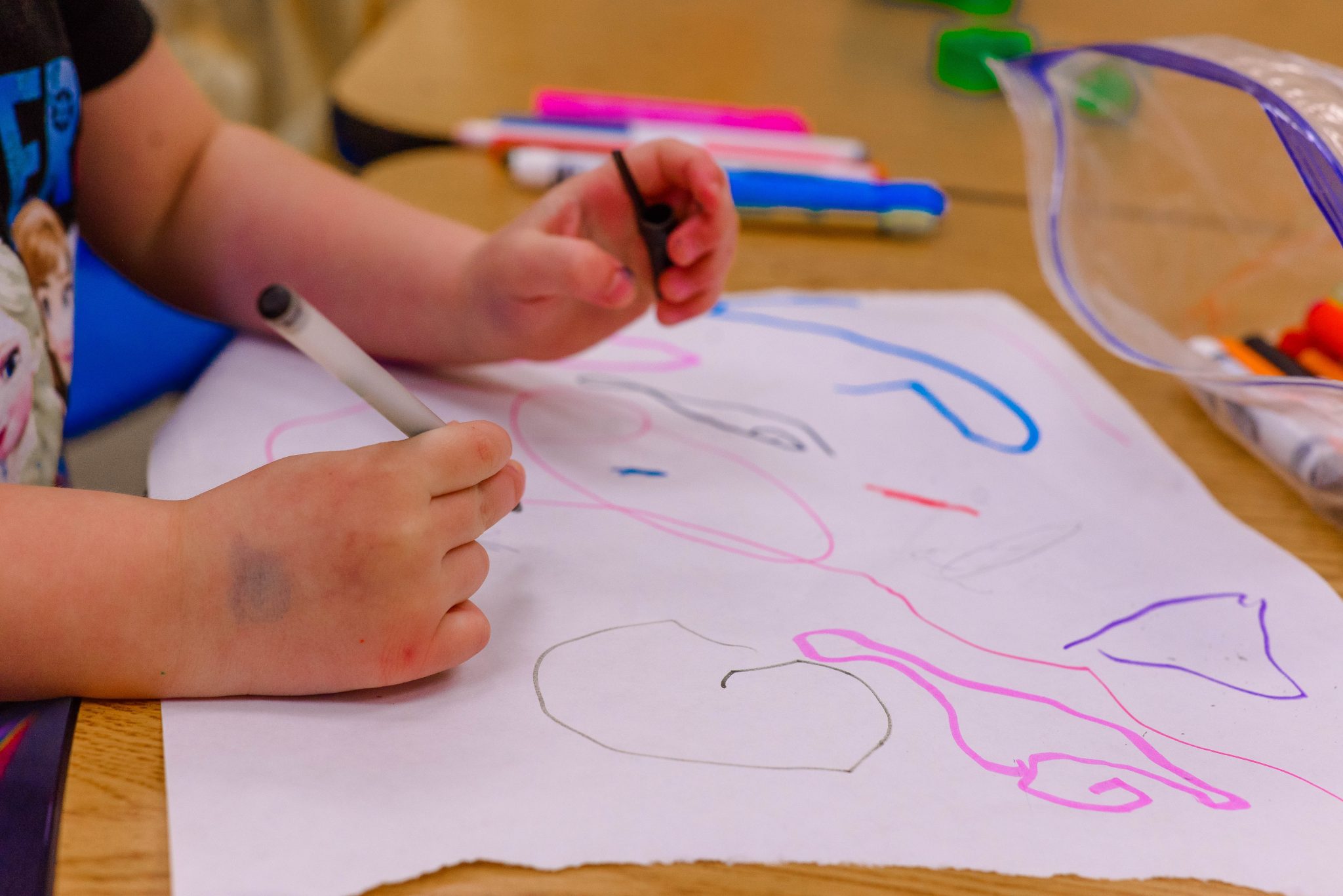New COVID-19 Relief Package Could Lift More Than 100,000 Michigan Kids Out of Poverty
Low-income households will get up to $3,600 annually per child as part of an expansion to the child tax credit.

The new $1.9 trillion COVID-19 relief package signed into law by President Biden last week is set to dispense aid for vaccine distribution, unemployment benefits and school reopening. The stimulus bill is also making waves for its place as a substantial anti-poverty measure. It could cut childhood poverty in half, and the investments made in the law have the potential to create lasting change beyond the pandemic. In Michigan, the expansion of the child tax credit could help more than 100,000 kids.
“I think it’s really important to understand, this is a structural change … We don’t have a safety net for our most vulnerable, our children, during a pandemic.” — Rep. Rashida Tlaib, Democrat from Detroit representing Michigan’s 13th District
It is perhaps the biggest anti-poverty legislation Congress has approved in more than half a century.
Listen: How the COVID-19 relief package addresses childhood poverty.

Guests
Congresswoman Rashida Tlaib is a Democrat from Detroit representing Michigan’s 13th District. She says the American Rescue Plan has the potential to transform many of her neighbors’ lives in her district. Unlike packages that came out of the previous administration, she says this plan provides adequate resources to communities, positioning the federal government as a partner to local and state governments. Tlaib adds that there wasn’t a substantial safety net for the American people before the pandemic and that this bill is a step in fixing a broken system.
“I think it’s really important to understand, this is a structural change,” she says about the legislation’s increase in the child tax credits. “We don’t have a safety net for our most vulnerable, our children, during a pandemic.”
Left out of the stimulus bill was an increase to the minimum wage, something Tlaib says she will continue to push for. “If we had the $15-an-hour minimum wage in there … that would have helped about 38% of my neighbors in my district. So, I’m not done fighting for that,” she says.
Gilda Jacobs is the President and CEO of Michigan League for Public Policy. She says the child tax credit, included in the relief bill, is one of the most important policy tools in addressing poverty. According to Jacobs, outside of tackling individual poverty, measures in the stimulus also have the potential to boost the economy as a whole.
“So much of the money that’s going into these programs will create jobs, will be an economic stimulus,” says Jacobs.
For those concerned about spending on anti-poverty programs, Jacobs encourages people to look at the data. “You really have to look at the cost of not doing something. We really have to be focused on that,” she says. “If you turn your back to poverty to some of the situations people are living in, it’s really untenable.”
Trusted, accurate, up-to-date
WDET is here to keep you informed on essential information, news and resources related to COVID-19.
This is a stressful, insecure time for many. So it’s more important than ever for you, our listeners and readers, who are able to donate to keep supporting WDET’s mission. Please make a gift today.

